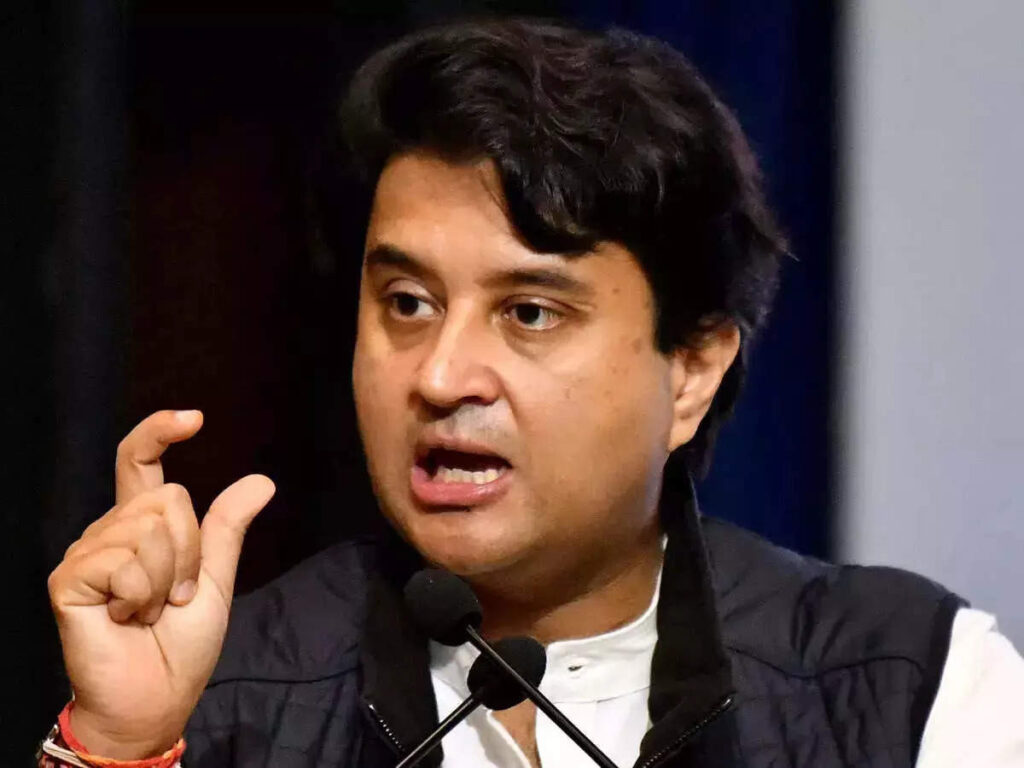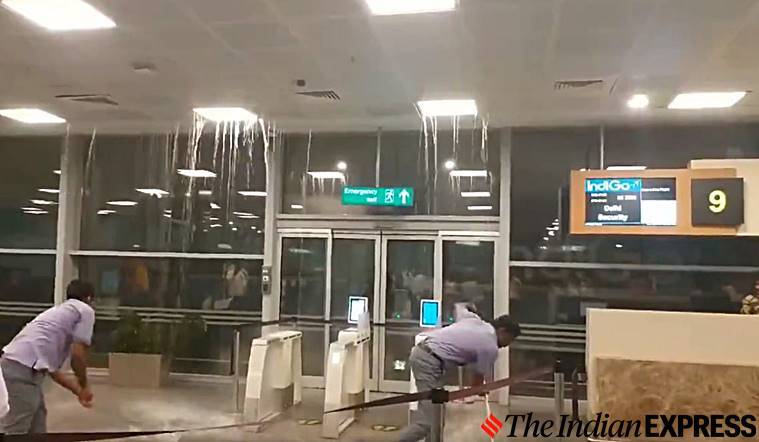India urges Airbus and Boeing to establish jet assembly plants, citing an opportune moment
India’s civil aviation minister, Jyotiraditya Scindia, has urged Airbus and Boeing to consider setting up jetliner plants in India to meet the country’s soaring demand. Scindia emphasized that the time has come for both jet makers to take a “leap of faith” as India’s fast-growing aeronautical industry reaches an “inflection point.” He pointed to plans to assemble Airbus C295 military transport planes locally in India as evidence that the conditions are ripe for such a move. When asked whether Airbus and Boeing should consider setting up jetliner assembly in India, Scindia responded with an emphatic “absolutely” and noted that Airbus had already taken a significant step in that direction by assembling the C295 in India.
Boeing and Airbus

Despite both Airbus and Boeing highlighting the scale and technology of their existing investments in India, Scindia remains firm in his belief that setting up jetliner plants in India is necessary. An Airbus-Tata consortium has already announced plans to assemble 40 C295 planes in Gujarat, which is the home state of Prime Minister Narendra Modi. Modi wants aerospace and defense to become a key engine for his “Make in India” drive to expand the world’s fifth-largest economy. Tata-controlled Air India recently agreed to record orders for 470 jetliners from Airbus and Boeing, and sources suggest that India’s largest airline, IndiGo, is in talks for another 500.
During an interview, Scindia expressed that the market, volume, and engineering talent are available, and taking a leap of faith is necessary. Such decisions need not be tied to specific jet orders, he also mentioned. “Now is the time for these companies to look at establishing a foothold in India,” he added.
For several years, India has been advocating for jet assembly, and in the past 12 months, the country has intensified its efforts behind the scenes, according to two individuals familiar with the matter. The timing of this effort coincides with the global plane manufacturers facing the challenge of increasing capacity to meet the surging demand while grappling with pressure on global supply chains and geopolitical instability.
Based on the given information, it seems that both Boeing and Airbus have chosen different strategies for their production lines. Boeing has decided to keep its benchmark 737 productions in the Seattle area, while Airbus runs four competing A320 lines in Europe, the United States, and China.
Existing Investments
Regarding India’s calls for civil final assembly lines, both companies appear to have resisted the idea for now. Instead, they are emphasizing their existing investments in engineering, supply chain, and maintenance in India. Boeing stated that it buys $1 billion a year in parts and services from India, while Airbus said it buys $700 million.
The current restrictions on local assembly only apply to defense projects, where the cost of meeting national security concerns can be included in the project. However, there seems to be a desire in every country to have as much manufacturing as possible, and final assembly is a desire that is seen all around the world, according to Salil Gupte, president of Boeing India.
According to him, the required volumes for the ultimate assembly of commercial components of the business are significantly higher.
He further added that the final decision depends on the business case, and Boeing is constantly exploring prospects to expand its operations in India.
Boeing recently announced a plant in Hyderabad dedicated to transforming 737 passenger planes into freighters. Additionally, both aircraft manufacturers have engineering plants and employ thousands of workers in India.
In an email, Remi Maillard, president of Airbus India & South Asia, stated that despite the absence of the C295 FAL, Airbus’ industrial presence in India already generates more foreign exchange value and job opportunities for the country than any contemporary assembly activity would.
Jyotiraditya Scindia

According to Scindia, establishing an ecosystem that is conducive to plane makers would instill confidence in them to set up a plant in India, ensuring long-term success.
Many view assembly as a political victory, although it only accounts for a small percentage of a plane’s overall value. Jerrold Lundquist, the managing director of The Lundquist Group, believes that having an assembly line puts a country on the map and highlights its emergence as a rising power in Asia and the world.
In 2008, Airbus agreed to open an A320 line in northern China, offering a set volume of planes to local airlines, despite its Chinese market share only being around 30%. While airplane orders in China require the government’s approval, experts suggest that the Indian government has limited influence over the cost-conscious private airlines in the country.
McDonnell Douglas assembled a small number of planes in China before being acquired by Boeing in 1997, but Boeing has never established a commercial assembly line outside of the United States. Boeing did, however, launch a 737 cabin-completion center in Zhoushan, China in 2018.
Also Read: Latest Indian Aviation News and Aviation News
Private & Non-scheduled Charter operators in India
Go through, the Mall of Aviation
For the best HELIPAD CONSULTANCY



